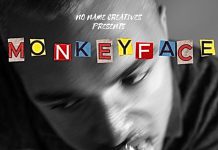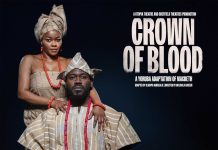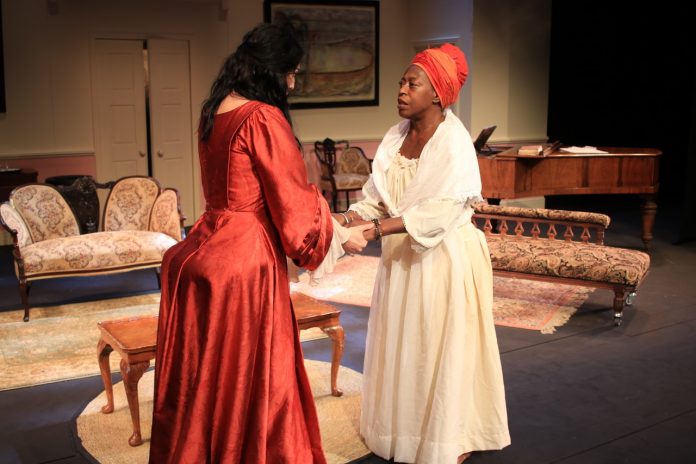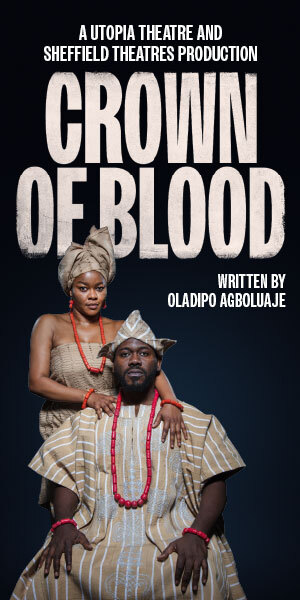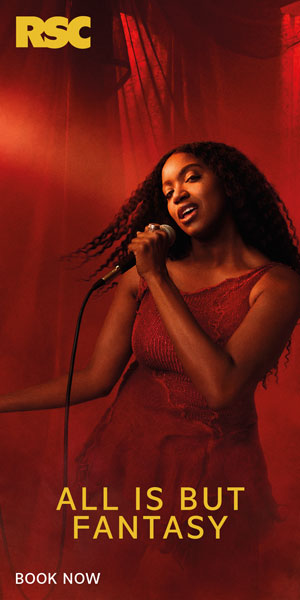The story about the White Witch of Rose Hall is a popular Jamaican story that many will have heard of. Whether this story is real, no one will ever know. The White Witch’s house still stands firmly on Jamaican soil and only the brave enter.
Set in the 18th Century in Jamaica during the slave trade, we learn about a young British lady named Annie (Georgina Baillie) who falls in love with a black man. This relationship was short lived and ended in fatality with her brothers murdering the black man. Shortly after Annie’s brothers mysteriously die in a fire. In a bid to avoid being hanged as a ‘witch’ for their deaths, Annie is forced to marry a plantation owner, Palmer (Robert Maskell) and sails with him to Jamaica. Palmer is a cruel, narcissistic man who sees the people around him, including Annie as his subjects to do whatever he wants with.
Barry Reckord’s play, White Witch, opens with one of the house slaves; Chloe telling Palmer the rumours she has heard about Annie, including that she has dabbled in witchcraft and may be a witch. Chloe tries to make Palmer feel concerned and when discussing the deaths of her brothers and rumoured lover, forebodingly predicts that he will be next. When Annie arrives, it is clear that in Palmer’s eyes she is nothing more than a vessel to provide him with sexual pleasure and produce legitimate white heirs, as the many ‘mulatto’ ones he boasts about having from raping his slaves, are not suitable for his estate and name. Ironically, despite being a well-off white woman, Annie ironically ends up feeling enslaved inside her plantation full of slaves.
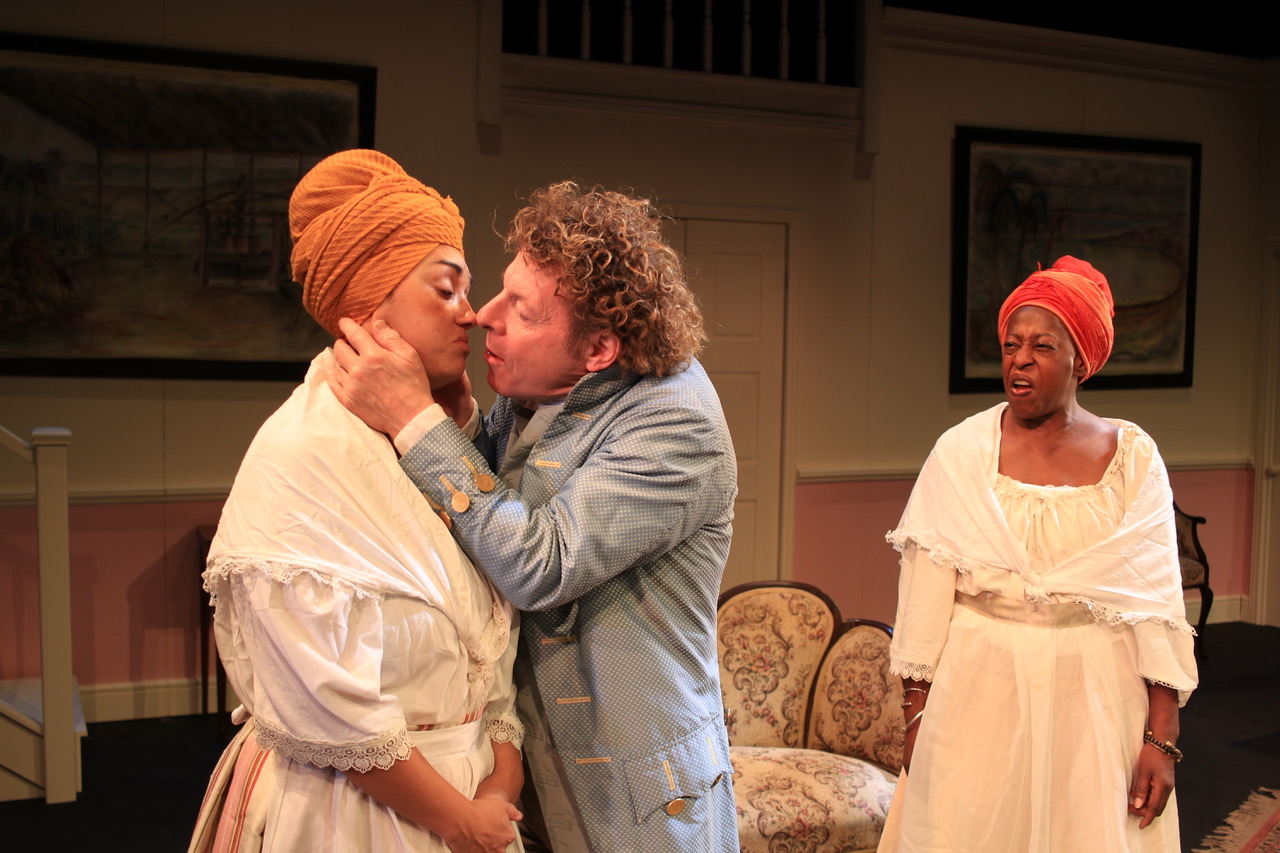
This leads to Annie manipulating the slaves around her to help free her from the obligations of producing children for Palmer. She persuades Princess, a house slave who has previously had a son (Cupid) for Palmer to obtain herbs for her in order to abort any pregnancies she has. She also sets her sights on two vulnerable slaves; Rhone and Cupid with the hopes that she can seduce them into murdering Palmer.
However, this ends up ending in disaster for the men, who meet their own untimely deaths. Unable to get men to do her dirty work, Annie (with the help of Princess) manages to kill Palmer through a mysterious illness or perhaps witchcraft.
The play is different to how I remembered the popular story. Rather than focusing on the original story of Annie being a powerful and mysterious young woman, who used her knowledge of voodoo to win the affections of men or later using it against them, often resulting in their mysterious deaths in order to benefit herself. The play instead focuses on Annie’s relationship with those around her and how she uses her sexuality to change people’s actions, rather than focus on the mystery and intrigue of her other powers.
Directed by Joseph Charles, White Witch is set in what looks like the living room of Palmers plantation house. Palmer has four male slaves and two female slaves (who he rapes repeatedly). The set reflects the 18th century well and sets the tone of the play.
White Witch, takes aspects of the famous Jamaican story and gives us a new spin on who this witch is – it is heartbreaking, historical and engaging
Coming from Jamaican heritage, I try to watch as many plays that tell our stories. However, I often find plays based in the 18th century hard to watch as it often focuses on the brutality that Europeans inflicted on our ancestors. White Witch highlights how evil plantation owners were and the power they possessed due to having guns. From feeding many of their slaves to dogs to raping women to produce more slaves. It exposes the heart breaking truth that our history lessons fail to teach.
Although I appreciated this play there were many aspects that I wish were different. I didn’t really like the portrayal of the character Annie. All the characters were emotive and had normal conversations with each other, however Annie felt wooden, partly because constantly sounded like she was giving everyone around her a lecture in philosophy. I’m not sure if it was intentional to make her dialogue sound different from everyone else, if it was, it didn’t work well as she sounded like she was quoting Shakespeare rather than reacting correctly to the conversations around her. This left me feeling confused about her character.
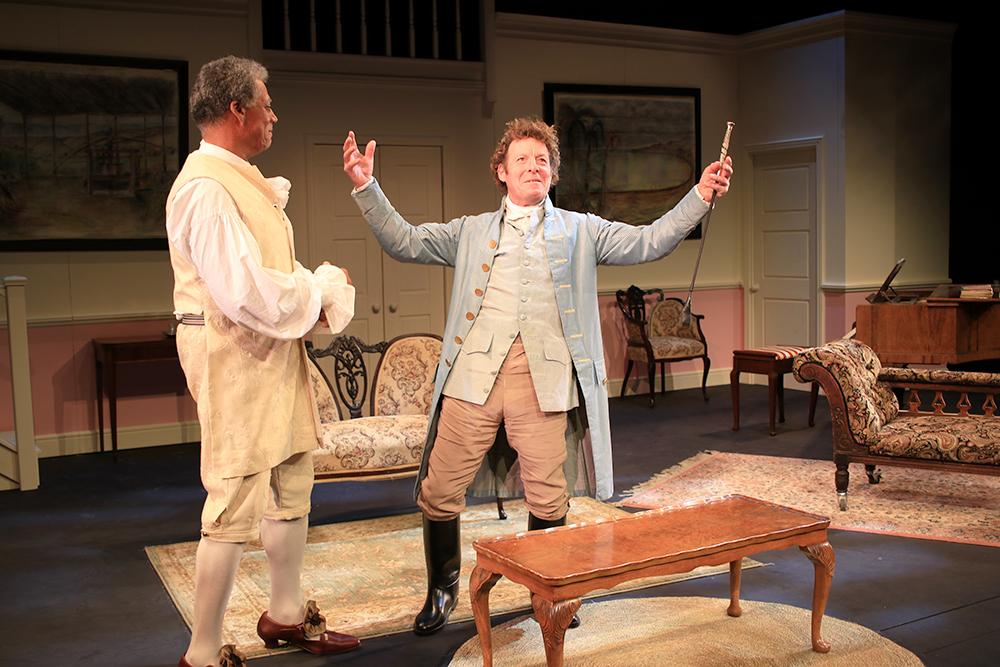
Her strange philosophical lectures combined with the way in which the writer places Annie, a white woman on a pedestal, felt problematic and presented her as both an ideal of beauty and a white saviour.
Throughout the play Annie lectures the slaves around her about why she disagrees with slavery – her voice and opinion on this is centered in the play, rather than the slaves themselves who are fighting for their freedom in their own ways. This escalates when Annie later kills her husband and seemingly becomes a hero that starts a revolution by freeing the slaves. She effectively becomes a white saviour to the audience and all of the black characters, rather than those around her who are constantly fighting for freedom with their lives. This imagery, along with her white beauty being so powerful to make all black men fall head over heels and risk their lives just to touch them, felt tiring to watch, as it’s something the media still continues to portray to this day.
Outside of this there were elements of the play that I did appreciate. I felt drawn to the quiet strength and courage of the house slave Princess (Judith Jacob), who had a commanding presence on the stage and was pivotal at helping Annie carry out her tasks and secretly fighting and encouraging her sons to fight in the revolution to end slavery.
I also liked the dialogue Chloe had that touched on colourism, where she proudly explains that she was a ‘mulatto’ as she had a white father, so her skin isn’t too dark and her desire to have light skinned children.
Overall, I felt that the cast were believable and carried their characters well. I found the actors playing Jamaican characters sounded authentic and played their roles extremely well. However, I wish that some characters spoke in a louder volume as it was hard to hear some of their dialogue.
I felt drawn to the quiet strength and courage of the house slave Princess (Judith Jacob), who had a commanding presence on the stage
White Witch takes aspects of the famous Jamaican story and gives us a new spin on who she was and what she went through. It is heart breaking, historical and engaging. Although some themes are questionable, it was a good play to watch.

